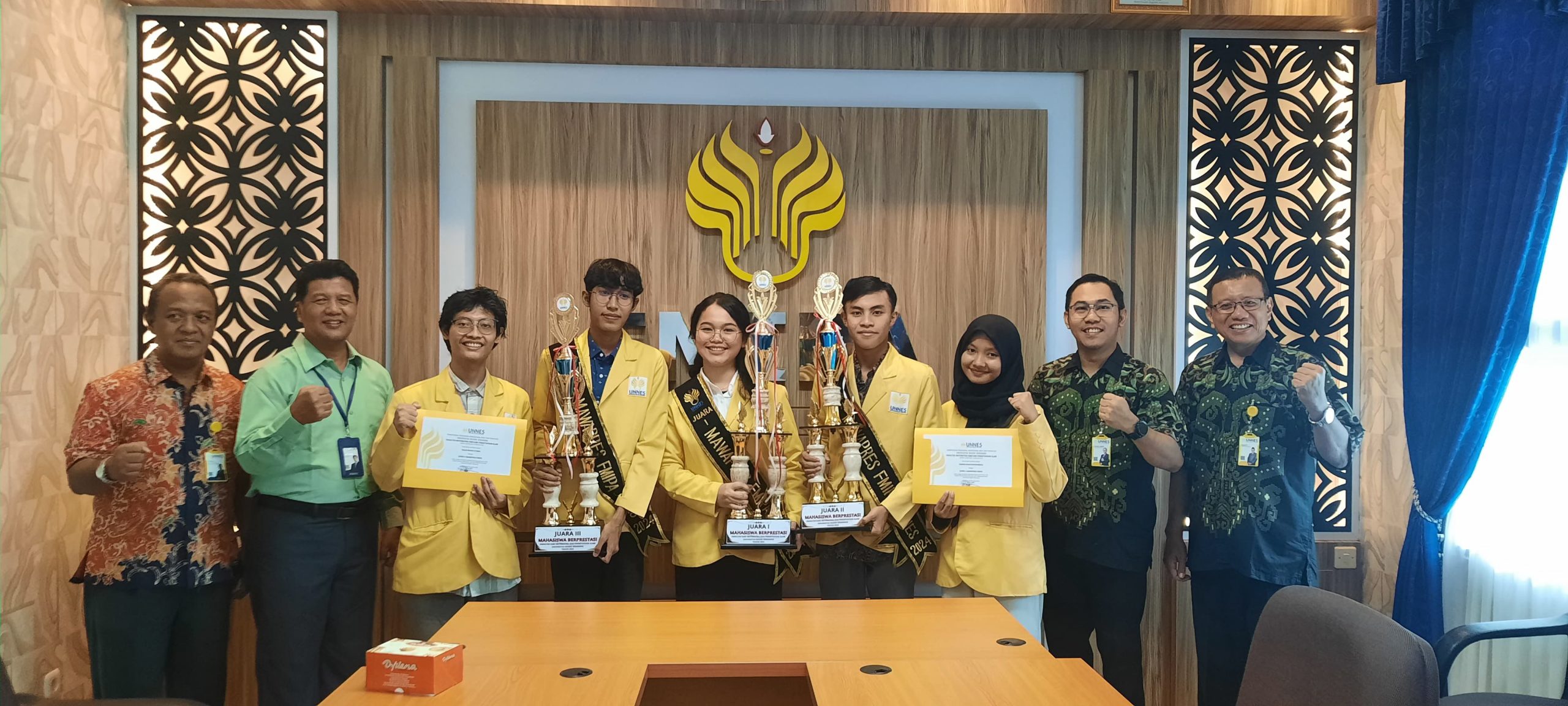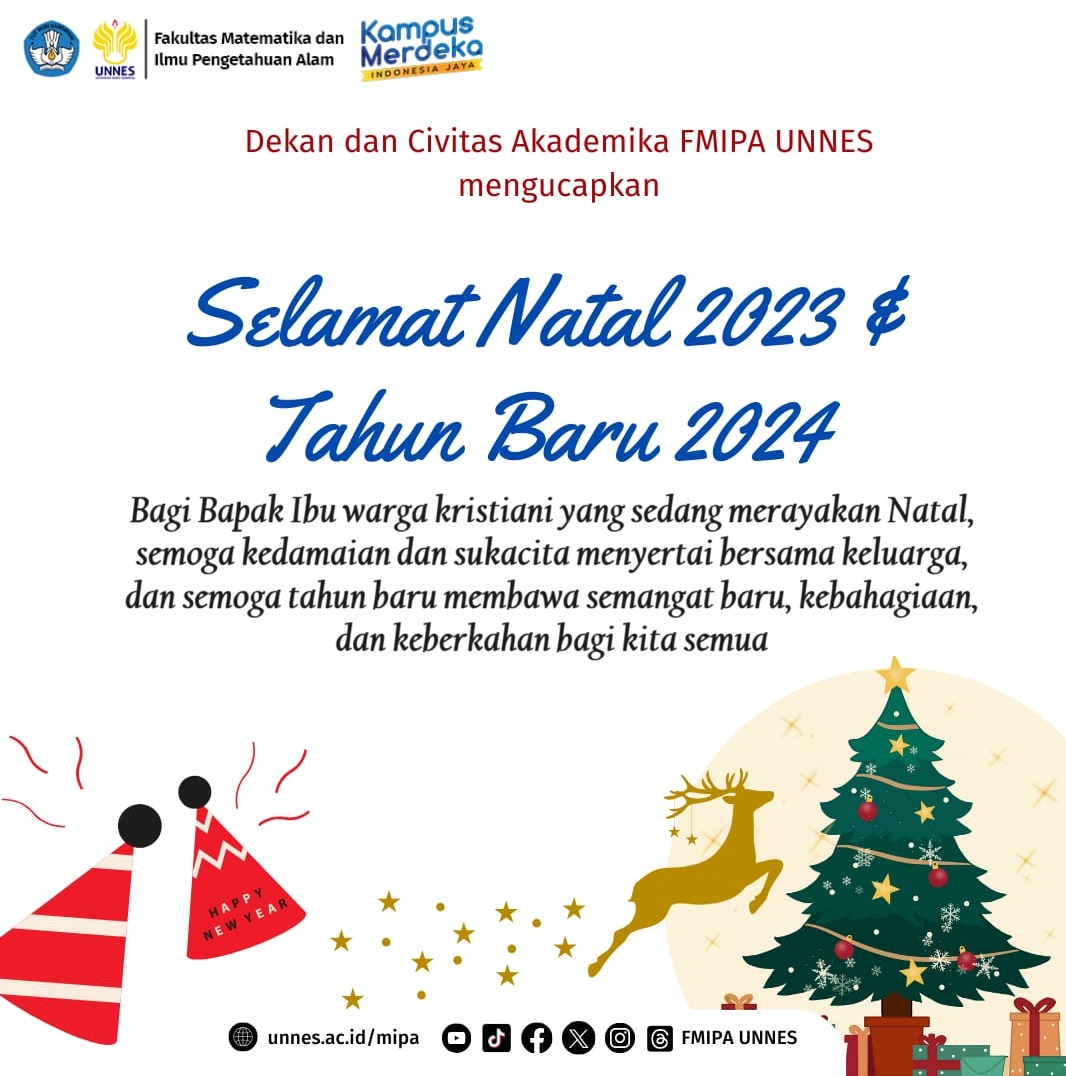Pusat Kajian Teknologi Budidaya & Pengendaliannya (PK TB&P) melalui Penelitian Terapan Kompetisi Nasional (PTKN) yang diperoleh melalui hibah DRTPM, melaksanakan kegiatan FGD terkait arah pengembangan komoditas durian unggul Kalimantan Barat (Kalbar) tanggal 1 Agustus 2022 di Pontianak. Penelitian ini adalah salah satu bentuk realisasi kerjasama yang melibatkan Dinas Tanaman Pangan dan Hortikultura Pemerintah Provinsi Kalbar. MOU telah dirintis antara UNNES dan Pemerintah Daerah Kalbar, ditindaklanjuti melalui PKS antara FMIPA dan dinas tersebut, dan IA antara Prodi Biologi khususnya PK TB&P dan UPT Pembenihan dan Sertifikasi Benih (PSB). Tim peneliti terdiri atas ketua Prof. Dr. Ir. Amin Retnoningsih, M.Si. (Biologi UNNES), anggota Prof. Dr. Ir. Syaiful Anwar, M.Si. (Agroteknologi Undip), dan Anton Kamaruddin SP, MSi (Kepala UPT PSB).

Pada FGD tersebut, kepala dinas Bapak Ir. Florentinus Anum, M.Si. menyampaikan bahwa Kalbar fokus meningkatkan kemampuan ekspor pasta durian dan durian buah meja. Permintaan kedua produk tersebut tidak terbatas sehingga perlu dilakukan penelitian dalam rangka peningkatan kuantitas dan kualitas pasta dan buah durian terutama untuk sasaran ekspor Cina.
Durian dikenal sebagai komoditas nasional unggulan Indonesia. Buahnya diambil langsung dari hutan maupun dari hasil penangkaran buah-buahan yang dilakukan petani dan penangkar. Masih banyak sekali durian liar di hutan Kalbar yang perlu eksplorasi untuk dilestarikan agar kekayaan sumber daya genetik dan plasma nutfah durian itu tetap eksis.
Hutan di Kalimantan dilaporkan memiliki puluhan jenis Durio yang telah diidentifikasi, baik yang dapat dimakan atau tidak. Jenis-jenis yang tidak dapat dimakan perlu dilestarikan karena berpotensi sebagai sumber polen bagi Durio zibethinus, jenis durian yang paling diminati konsumen. Jenis durian ini merupakan satu-satunya jenis durian yang memiliki keanekaragaman genetik paling tinggi. Teoritis setiap tahun hutan Kalimantan akan melahirkan varietas baru dari hasil persilangan alami antar varietas D. zibethinus sendiri maupun antar jenis. Sebagian durian hasil perkecambahan biji alami diindikasi menjadi durian unggul yang minimal memiliki arilus kuning-kemerahan rasa manis legit sedikit pahit meski umumnya tebal memiliki arilus kurang dari 1 cm dan berbiji besar. Pemuliaan durian melalui persilangan kurang tepat karena tidak efisien, sifat yang diinginkan belum tentu didapat, dan tidak dijamin stabil.
Upaya mendapatkan sejumlah benih/bibit durian unggul dapat dilakukan melalui seleksi plasma nutfah durian alami dan pembiakan vegetatif terintegrasi teknologi budidaya. Melalui penelitian berjudul “Pembentukan benih durian unggul dan pendek melalui seleksi klonal dan implementasi teknologi budidaya” diharapkan dapat menambah jumlah varietas durian yang didaftarkan dan dilepas Kementerian Pertanian yang pada akhirnya akan meningkatkan kuantitas dan kualitas produk pasta durian dan buah mejanya.
Eksplorasi merupakan tahap awal untuk mengetahui keberadaan varietas durian unggul lokal. Kegiatan ini meliputi mencari, mengumpulkan, serta meneliti varietas durian unggul lokal di daerah tertentu. Uji observasi dilakukan untuk mengetahui sifat-sifat unggul suatu varietas durian. Bahan pengujian observasi ini adalah tanaman calon Pohon Induk Tunggal (PIT), klon, populasi, dan calon varietas yang akan didaftarkan. Salah satu contoh varietas durian yang telah didaftarkan adalah Tembaga Inu.

Pendaftaran varietas dilakukan untuk kepentingan pengumpulan data mengenai varietas lokal, varietas yang dilepa,s dan varietas hasil pemuliaan yang tidak dilepas, serta data mengenai hubungan hukum antara varietas yang bersangkutan dengan pemiliknya dan/atau penggunanya.
Hasil kunjungan ke Balai Anjungan yang menjadi kebun pembibitan Dinas Tanaman Pangan dan Hortikultura Kalbar menunjukkan bahwa dinas tersebut membutuhkan uluran kerjasama komoditas lainnya. Kalbar memiliki berbagai plasma nutfah endemik seperti anggrek liar, kantong semar, dan berbagai varietas alpukat. Upaya optimalisasi dan konservasi tanaman-tanaman tersebut membutuhkan penelitian-penelitian kultur jaringan (kuljar).
Laboratorium kuljar milik Dinas Tanaman Pangan dan Hortikultura Kalbar masih sangat sederhana. Kedepannya Dinas Tanaman Pangan dan Hortikultura Kalbar sangat mengharapkan adanya kerjasama penelitian maupun kegiatan Kedaireka terkait bidang tanaman pangan dan hortikultura. Pengembangan laboratorium kuljar FMIPA pada tahun mendatang diharapkan dapat menjadi solusi, bukan hanya sebagai andalan income generating UNNES juga dapat memberikan kontribusi yang sangat berarti untuk pemenuhan pangan nasional. Dua guru besar Biologi yakni Prof. Dr. Enni Suwarsi Rahayu, M.Si dan Prof. Dr. Noor Aini Habibah, M.Si serta beberapa doktor bidang botani dan kuljar menjadi modal SDM yang siap mengelola laboratorium tersebut.




